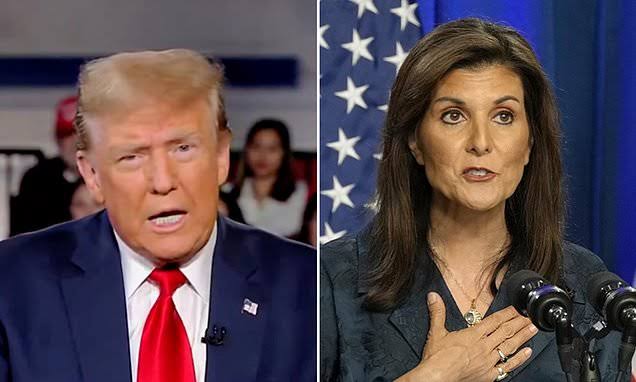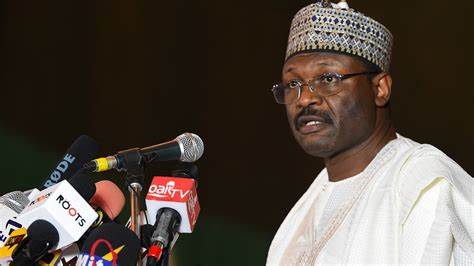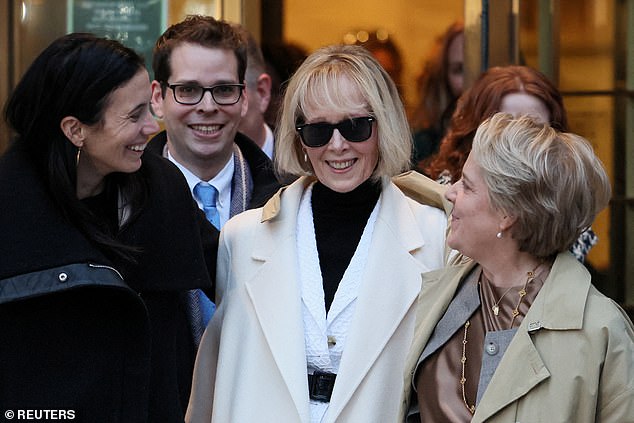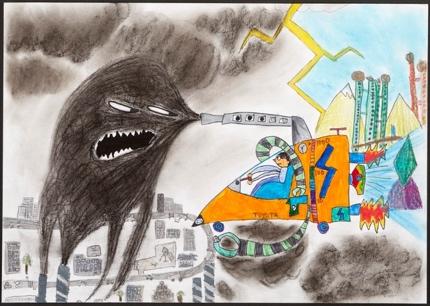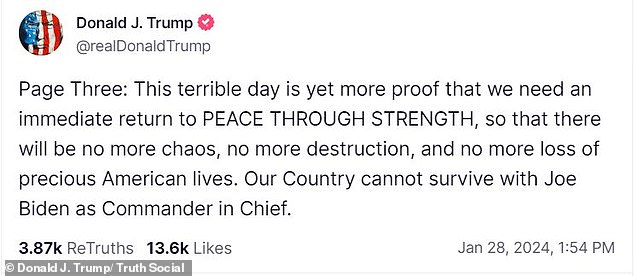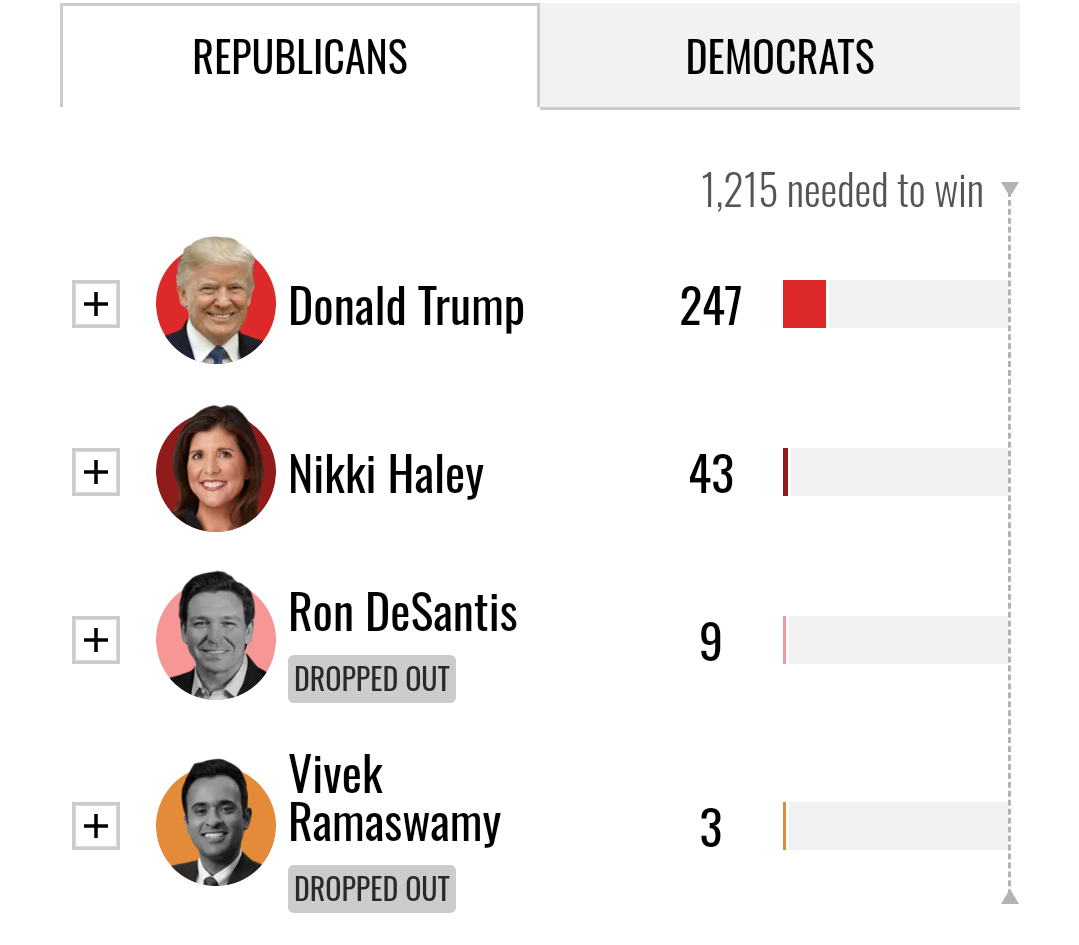
[ad_1]

Former South Carolina Governor Nikki Haley won her first GOP presidential nominating contest on Sunday, March 3 a victory in the Washington, D.C., primary, — a win her campaign hopes will help her ahead of next week’s Super Tuesday contests.
Haley, who won the primary over former President Donald Trump, has pledged to stay in the race through Super Tuesday, when 15 states and American Samoa will hold nominating contests. Trump is dominating in nearly all of those states in most public polling and is expected to extend his commanding delegate lead.
Haley took 63% of the GOP primary vote to 33% for Trump with over 2,000 Washington Republicans casting their ballots.

As Haley got more than half of the vote, she came away with the District’s 19 delegates.
Washington’s set of Republicans, many of whom work in politics or government, are seen as vastly different from those in other states, like South Carolina and Iowa, which set up a scenario in which Haley had her first legitimate chance to notch a victory. Trump got just 14% of the vote in Washington’s 2016 primary.
“It could be anywhere between 2,000 and 6,000 voters,” Washington GOP chair Patrick Mara predicted in an interview last week. “So, quite frankly, there is an opportunity here for anyone to win. It just depends on voter turnout and what the campaigns are doing.”
Mara said both Haley’s and Trump’s campaigns were sending text messages and making phone calls to inspire turnout, even having some volunteers go door to door.
The primary is run by the local Republican Party, unlike nominating contests in states, and there was just one polling location, at the Madison Hotel.
“It’s run by the party, which is a different experience, and we pay for it,” he said.
“So it means that Washington Republicans had to be motivated to come to downtown D.C. to a hotel to vote.”
He said Trump’s dominance in early primary states and the perception of the Republican nominating process also affected low turnout.
[ad_2]



